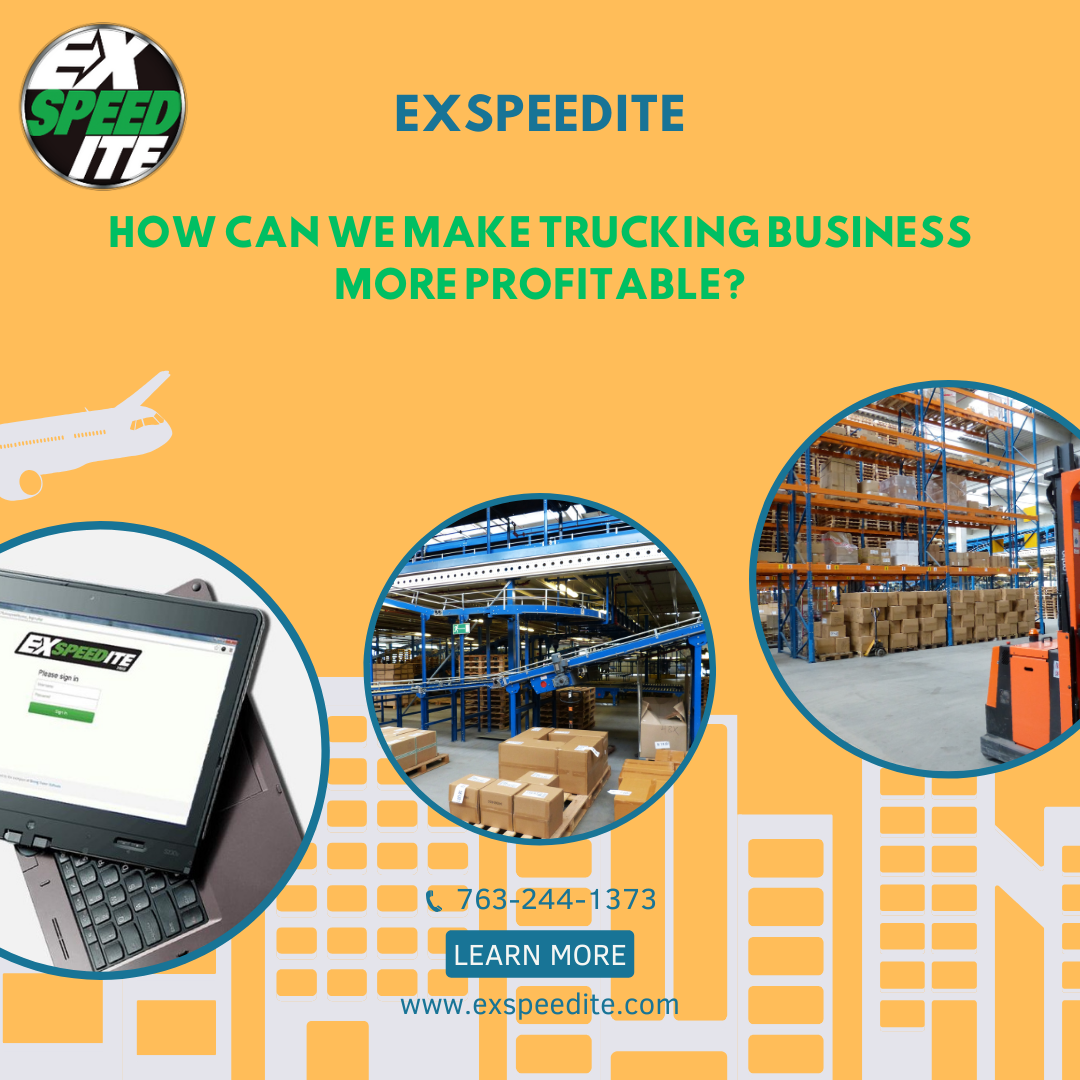To enhance the profitability of a trucking business, focus on optimizing operational efficiency, minimizing costs, and leveraging technology. Implementing a proactive maintenance schedule for vehicles ensures they remain in optimal condition, reducing downtime and repair expenses. Efficient route planning and load optimization contribute to fuel savings and shorter delivery times, enhancing overall productivity. Embracing technology, such as GPS tracking and fleet management systems, aids in real-time monitoring of vehicles, optimizing routes, and improving fuel efficiency. Negotiating favorable contracts with suppliers and clients, as well as exploring bulk purchasing options, can lead to cost reductions. Diversifying services, such as offering warehousing or last-mile delivery solutions, can also open up additional revenue streams. Ultimately, staying abreast of industry trends, embracing innovation, and fostering a customer-centric approach will position the trucking business for sustained profitability in a competitive market.

Trucking business software can generate revenue in transportation by providing valuable tools and features that streamline operations, enhance efficiency, and offer data-driven insights. Here are several ways in which such software contributes to revenue generation:
- Route Optimization: Advanced route planning algorithms help minimize fuel consumption, reduce travel time, and enhance overall efficiency, leading to cost savings and increased profitability.
- Fleet Management: Software that enables effective fleet management, including maintenance scheduling, real-time tracking, and performance analytics, helps prolong the lifespan of vehicles, reduce breakdowns, and enhance overall fleet productivity.
- Load Management: Efficient load planning and optimization features ensure that trucks are carrying maximum loads while staying within legal weight limits, maximizing revenue per trip.
- Fuel Management: Monitoring and analyzing fuel consumption patterns allow for the identification of cost-saving opportunities and the implementation of strategies to reduce fuel expenses.
- Billing and Invoicing: Automation of billing processes ensures accurate and timely invoicing, reducing the chances of revenue leakage and improving cash flow.
- Compliance and Regulatory Tools: Software that helps manage compliance with industry regulations and ensures that all necessary documentation is in order can prevent costly fines and penalties.
- Customer Relationship Management (CRM): CRM functionalities enable better customer communication, satisfaction, and retention, leading to repeat business and positive word-of-mouth referrals.
- Data Analytics: Utilizing data analytics tools within the software helps identify trends, optimize operations, and make informed decisions that contribute to overall business growth and efficiency.
- Integration with Supply Chain Partners: Integration with other stakeholders in the supply chain, such as shippers, warehouses, and brokers, can facilitate seamless communication, reducing delays and improving overall efficiency.
- Predictive Maintenance: Anticipatory maintenance features help identify potential issues before they become major problems, reducing downtime and maintenance costs.
